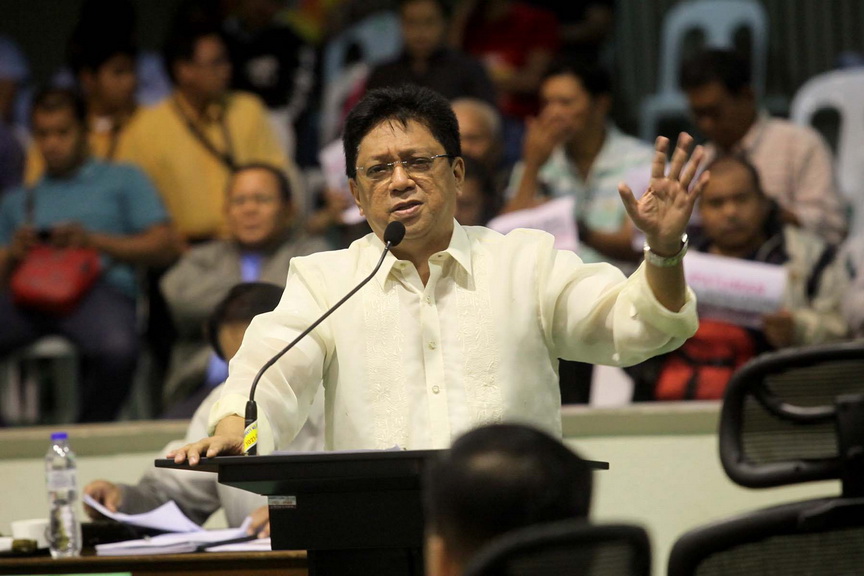
Councilor Danilo Dayanghirang vowed to support Davao restaurateurs in appealing to property lessors to bring down rental costs.
Majority of Davao’s restaurant owners consider commercial space rental as the biggest item in their cost structure and with people still hesitant to go to restaurants due to the health crisis, it is unlikely they can generate income and pay expenses including rental fee.
“We will be appealing to the lessors to help the lessees,” Dayanghirang said in a text message.
Dayanghirang also said a dialogue with the members of the Restaurant Owners Restaurant Owners Association of Davao City (RestoDC) and the lessors will continue until both reach an agreement.
“We will continue our dialogue with them on how the lessor can bring down the rental cost in Davao City,” he said.
Restaurateurs have expressed their gratitude to the city council for responding to their appeals among them is reverting back to the 2017 Real Property Tax rates until 2023.
“We know government needs funds as well and we want to help. But by allowing us this relief we would be in a better position to help our partners in business and keep the private sector alive and running,” Benjamin Lizada, president of RestoDC Inc., said through Viber.
Other requests appealed by the group to the city council are relaxing some of the requirements for business permit applications by making the following requirements optional for the next two years until 2023; sewage Treatment Plant especially for old inns and hotels; automatic Kitchenhood Fire Suppresstion System especially for single-detached restaurants; and help in mediating for interest-free installment payments of light and power, water, telecommunications and other utilities for those who might need it.
The group also appealed to the city council to address the issue of unlicensed and unregistered businesses competing with legitimate establishments such as but not limited to: AirBnB operators as these eat into the hotel and accommodation market that has already been struggling since January 2020; and home-based food providers.
Lizada clarified they are not against these home-based food providers as times are difficult.
“We are against legitimate and licensed food delivery outfits including them in their system. The dying restaurant sector cannot compete with them as they do not pay taxes, rent or salaries and the concomitant legislated benefits such as SSS, PhilHealth, Pag-Ibig. These illegal operators can be tolerated to serve their immediate neighborhood but they should not be allowed to serve the entire Davao City market. Require the food delivery services providers to remove them from their system,” he said.
Dayanghirang said that as of press time, he is also coordinating with the RestoDC to find other ways to creatively survive in this new normal, particularly saving the jobs and gaining back the gains from the industry.
“Under general community quarantine (GCQ) we already have dine-in at 30 percent from its total capacity. We are gradually opening our local economy for our restaurant owners who have equally suffered from this pandemic,” he said.






